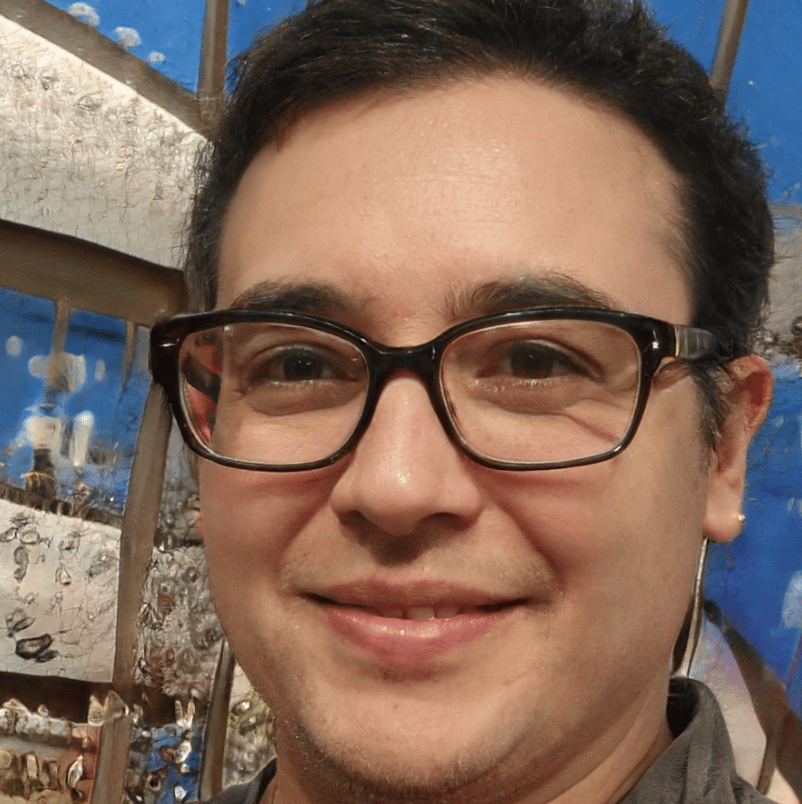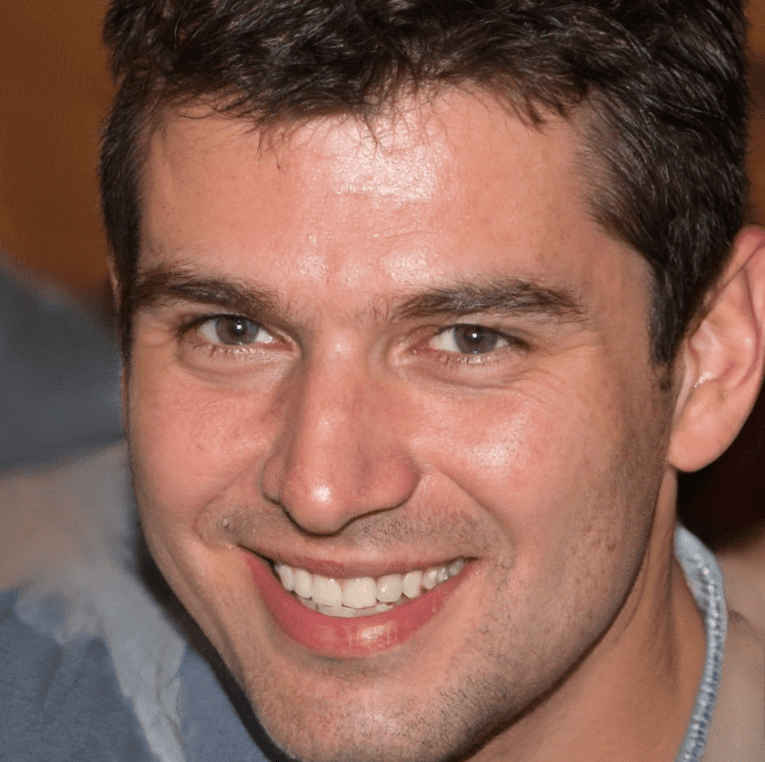What is post-traumatic stress disorder (PTSD)?
A traumatic event is a violation so severe that it can permanently alter how we respond to stress. Humans are vulnerable, and some of us will inevitably experience a terrifying situation that shatters our sense of safety.
Everyone who undergoes trauma will have difficulty adjusting and coping, but some people find the trauma worsens and are unable to stop re-living the event. Post-traumatic stress disorder (PTSD) is a condition that’s set off by a horrific incident that someone has either witnessed or experienced.
60% of men will experience a traumatic event in their lifetime. – Pyscom

There’s mention of combat-induced stress, nightmares and flashbacks going back thousands of years. It was referred to as “shell shock” after World War I and “combat fatigue” after World War II. It was 1980, after years of research into why veterans had trouble adjusting to life after war when PTSD was recognized as an official diagnosis. But it doesn’t just happen to veterans. Anyone who experiences or witnesses a traumatic event would be at risk, especially if the trauma-inducing event was caused by humans
Symptoms of PTSD
- Intrusive memories. Flashbacks, nightmares, unwanted memories, and emotional and physical reactions to something that reminds you of the event, intrusive memories invade your mind and make it feel like you’re re-living the event.
- Avoidance. You might avoid people, places and things that remind you of the event, or avoid talking about it altogether, trying to forget it ever happened.
- Negative changes in thinking and mood. You might feel hopeless or negative about yourself and the future, feel detached from family and friends, feel emotionally numb, forgetful, or find it hard to experience positive emotions.
- Changes in emotional and physical reactions. You might be easily frightened, have trouble concentrating or sleeping, are always on guard for danger, be irritable or angry, or start to engage in risky behaviours.
Myths About PTSD
PTSD is complex and often misunderstood, which can deter people from seeking treatment. We want to destigmatize PTSD to encourage anyone who needs help to get it.
- MYTH: PTSD only happens to soldiers FACT: While it does commonly affect war veterans, it can happen to anyone. Witnessing or experiencing physical violence, car crashes, sexual assault, or natural disasters are all circumstances that might trigger PTSD.
- MYTH: Trauma and PTSD are the same things. FACT: Trauma happens to humans way more than it should. But most people who experience trauma don’t develop PTSD. They’ll experience symptoms of stress but, over time, will recover. PTSD is diagnosed in those who continue to experience severe symptoms over a long period of time.
- MYTH: The event already happened, so it’s impossible for people to still suffer. FACT: Research has shown that there are three areas of the brain that are different in patients with PTSD. PTSD is a real illness that can’t be thought away. Regardless of the event being in the past, the trauma the person experienced is in the everyday.
Treating PTSD
While there is effective treatment available, many men, especially veterans, don’t seek help, which is dangerous. Left untreated, PTSD can lead to chronic health conditions, substance abuse and suicide.
To experience trauma or PTSD means you’re human. There’s no shame in reaching out for help, and treatments can be very effective. If you’re experiencing trauma symptoms or have been diagnosed with PTSD by a medical professional, we can help you work through it.
We’ll first look at its root causes, which could be due to a history of abuse, a career that exposes you to traumatic events, not getting help after a traumatic incident, family history, and more. We’ll then work together using a combination of coaching and counselling (and in collaboration with a psychiatrist when necessary) to look at your attitudes and behaviours to explain what’s holding you back and how to think differently about your traumatic event. Finally, we’ll teach you the tools you need to prevent the past from taking over your life, allowing you to function better and live to your full potential.





